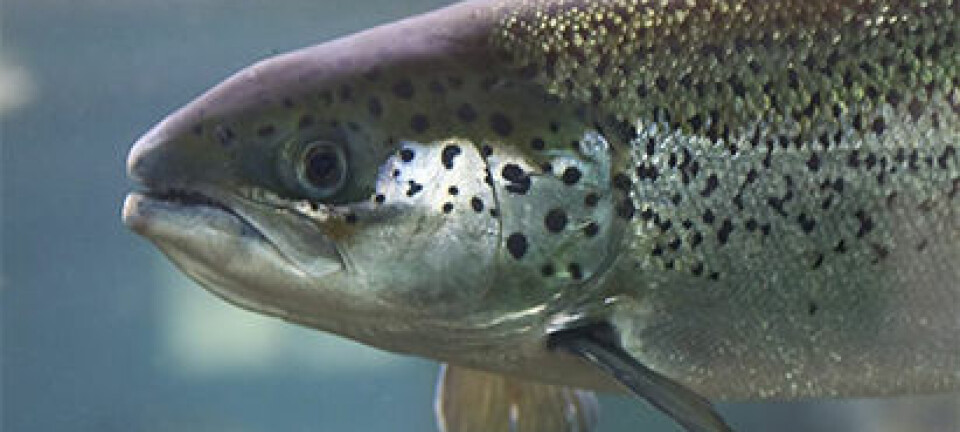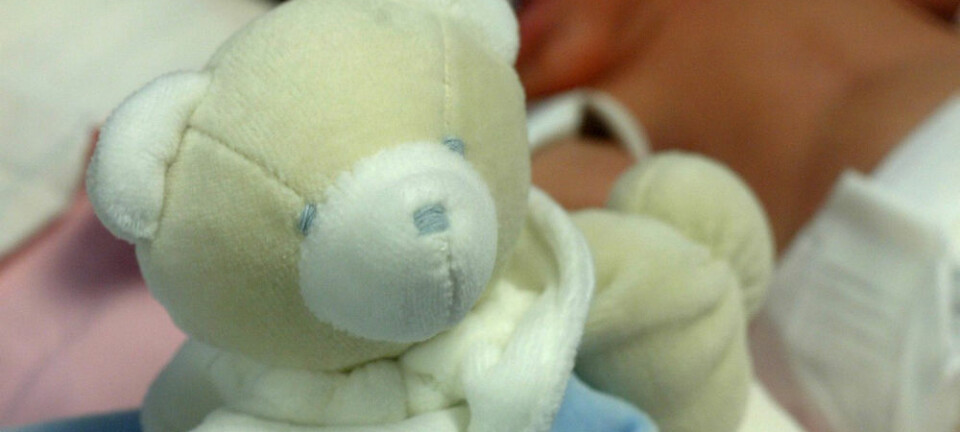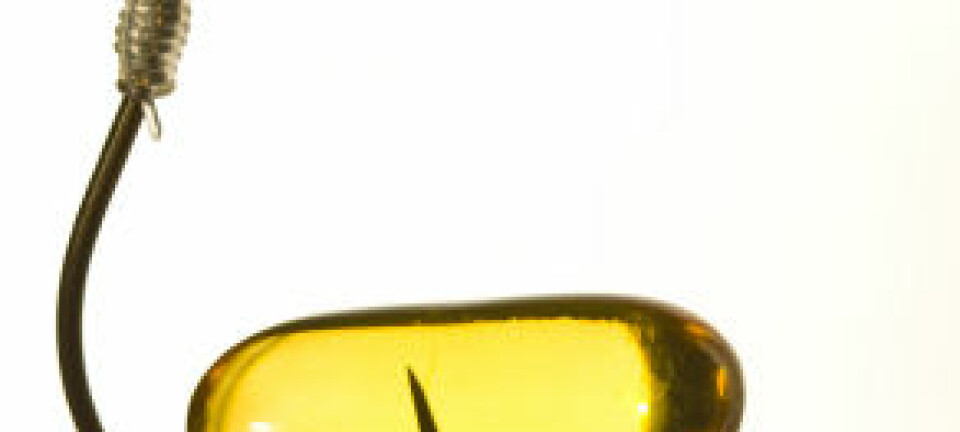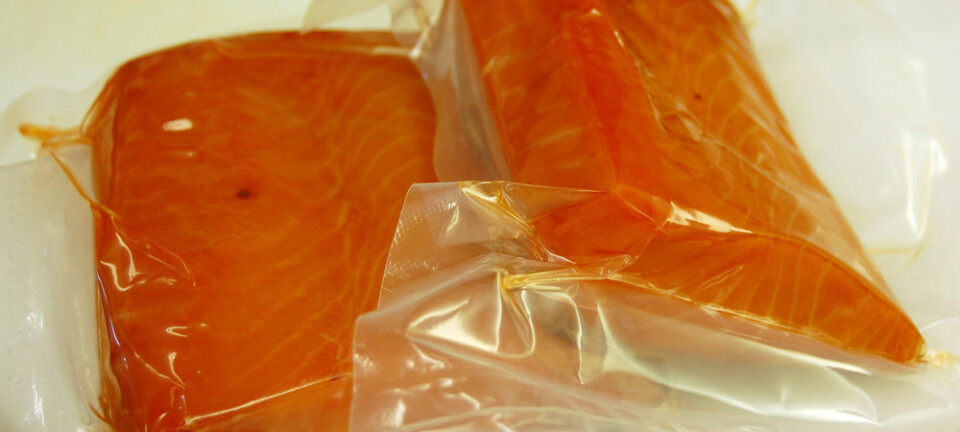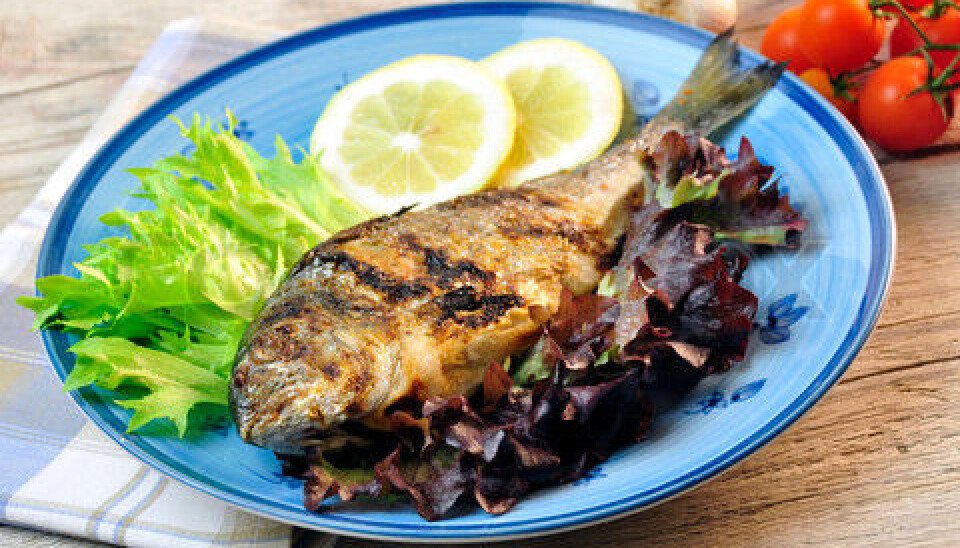
Fish may not be good for your heart
New research indicates that a diet rich in fish does not prevent blood clots, as is commonly believed.
Fish may not be all that good for you, according to a new study of the association between biomarkers of inflammation and the intake of traditional Inuit diet.
The findings indicate that fish may not be as healthy for our hearts as we think.
It appears that the Inuit diet actually increases inflammation, which is a common precursor of blood clots.
”This surprised me, because we had expected the opposite. The classic hypothesis states that the Inuit diet leads to a reduced incidence of heart attacks,” says Associate Professor Stig Andersen, of Aalborg University Hospital’s Arctic Health Research Centre.
We have measured the inflammation levels in the Greenlanders’ blood, and the results are strikingly clear: the traditional Inuit diet with lots of fish increases inflammation.
He was one of the researchers behind the new study, published in the journal Atherosclerosis.
Study casts doubt on our understanding of fish
The classic hypothesis stems from the 1970s and has sparked a wealth of scientific studies.
Some 40 years ago, Danish researchers discovered that Greenlanders had significantly fewer blood clots than Danes. At the time, the researchers linked this with the Greenlanders’ fondness for fish, as it had been assumed for decades that the high content of omega-3 fatty acids in fish is good for the heart.
The new study casts doubt on whether the cause of the relatively few blood clots among Greenlanders can be found in the diet at all, and whether fish really is good for the heart.
This is directly contrary to what we expected. There is a correlation between inflammation and heart attacks. The more inflammation, the higher the incidence of blood clots.
“We have measured the inflammation levels in the Greenlanders’ blood, and the results are strikingly clear: the traditional Inuit diet with lots of fish increases inflammation,” says Andersen.
“This is directly contrary to what we expected. There is a correlation between inflammation and heart attacks. The more inflammation, the higher the incidence of blood clots.”
Studying the Inuit diet
The researchers took blood samples from 535 Greenlanders aged 50-69, who had an increased risk of suffering a heart attack.
They measured two markers for inflammation, YKL-40 and hsCRP, and analysed the Greenlanders’ eating habits through comprehensive diet questionnaires.
Even though the last 40 years have seen a multitude of studies about the preventive effect that fish oil has on heart attacks, none of them have found clear evidence of an effect. Perhaps all this talk about fatty fish protecting against cardiovascular disease is little more than a fabrication.
The results showed that Greenlanders whose diet consisted primarily of traditional Inuit food such as fish, seals and whales had significantly more inflammation in their bodies than those who primarily ate imported foods. This also applied when the researchers had adjusted for factors known to affect inflammation – such as gender, age, BMI, smoking and alcohol consumption.
Is ”Fatty fish protects the heart” just a fabrication?
The new findings appear to turn on the head much of what we know about the health benefits of eating fish.
”Even though the last 40 years have seen a multitude of studies about the preventive effect that fish oil has on heart attacks, none of them have found clear evidence of an effect. Perhaps all this talk about fatty fish protecting against cardiovascular disease is little more than a fabrication.”
The researcher is, however, keen to point out that it is too early to start speculating about changes to the dietary recommendations:
“I don’t think we should change the dietary recommendations based on only a single study. However, our findings may inspire further studies because our study has a high statistical validity.”
Andersen is e.g. interested in examining whether it may be omega-3 fatty acids or polluted substances in the fish that cause the inflammations in the Greenlanders.
------------------------
Read the Danish version of this article at videnskab.dk
